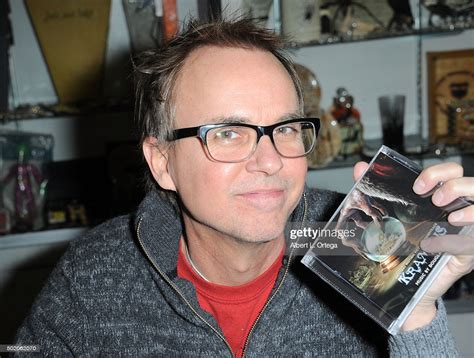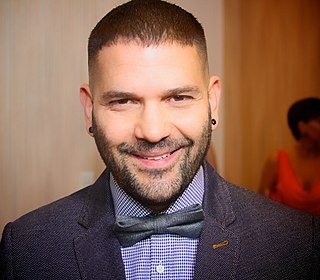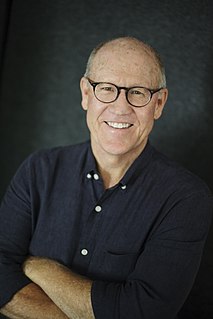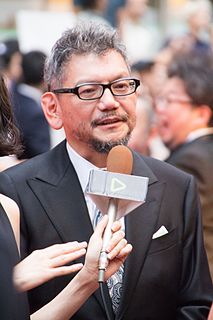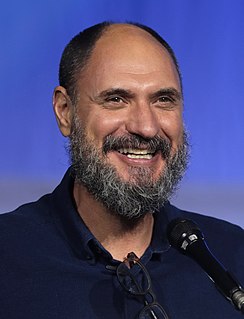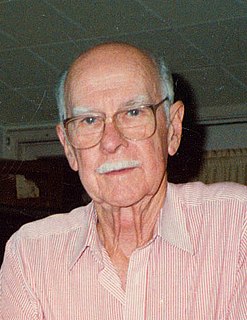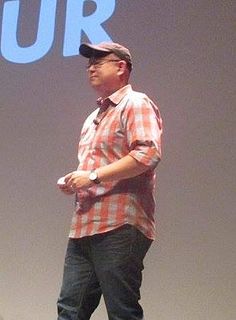A Quote by Don Hertzfeldt
So much of the writing is not conscious, in the sense that it's not calculated. I remember in film school we had so many studies with big fancy words where you could dissect a movie and make charts of all of the characters' complicated inner relations and themes and what does this mean? And it's overwhelming as a student. It's great for a student, but as a writer, it's paralyzing.
Related Quotes
A Student is the most important person ever in this school...in person, on the telephone, or by mail.
A Student is not dependent on us...we are dependent on the Student.
A Student is not an interruption of our work..the Studenti s the purpose of it. We are not doing a favor by serving the Student...the Student is doing us a favor by giving us the opportunity to do so.
A Student is a person who brings us his or her desire to learn. It is our job to handle each Student in a manner which is beneficial to the Student and ourselves.
The high-school English teacher will be fulfilling his responsibility if he furnishes the student a guided opportunity, through the best writing of the past, to come, in time, to an understanding of the best writing of the present. He will teach literature, not social studies or little lessons in democracy or the customs of many lands. And if the student finds that this is not to his taste? Well, that is regrettable. Most regrettable. His taste should not be consulted; it is being formed.
When the students were asked to identify their race on a pretest questionnaire, that simple act was sufficient to prime them with all the negative stereotypes associated with African Americans and academic achievement. If a white student from a prestigious private high school gets a higher SAT score than a black student from an inner-city school, is it because she’s truly a better student, or is it because to be white and to attend a prestigious high school is to be constantly primed with the idea of “smart”?
I was playing in a band and was approached to score an independent film. I had never done it, but had written instrumental music, so I figured I could do it. Turns out I loved scoring the film, and took on another couple films before realizing that if I was to be an effective narrative composer, I should study the craft of composition. I stopped taking projects and got a degree in orchestral music composition, and followed that with film scoring studies. Near the end of my degree studies, I started taking on student films as a way to get back into film scoring.
The 7 Practices of Exceptional Student Athletes is an excellent book for student athletes to understand what it takes to be successful. It covers all phases of life, and it is filled with wonderful wisdom. Illustrated by brilliant examples of very successful people, The 7 Practices of Exceptional Student Athletes forces student athletes to use their common sense as they work to achieve their goals. Raven Magwood is a very talented person and an extremely gifted writer.








